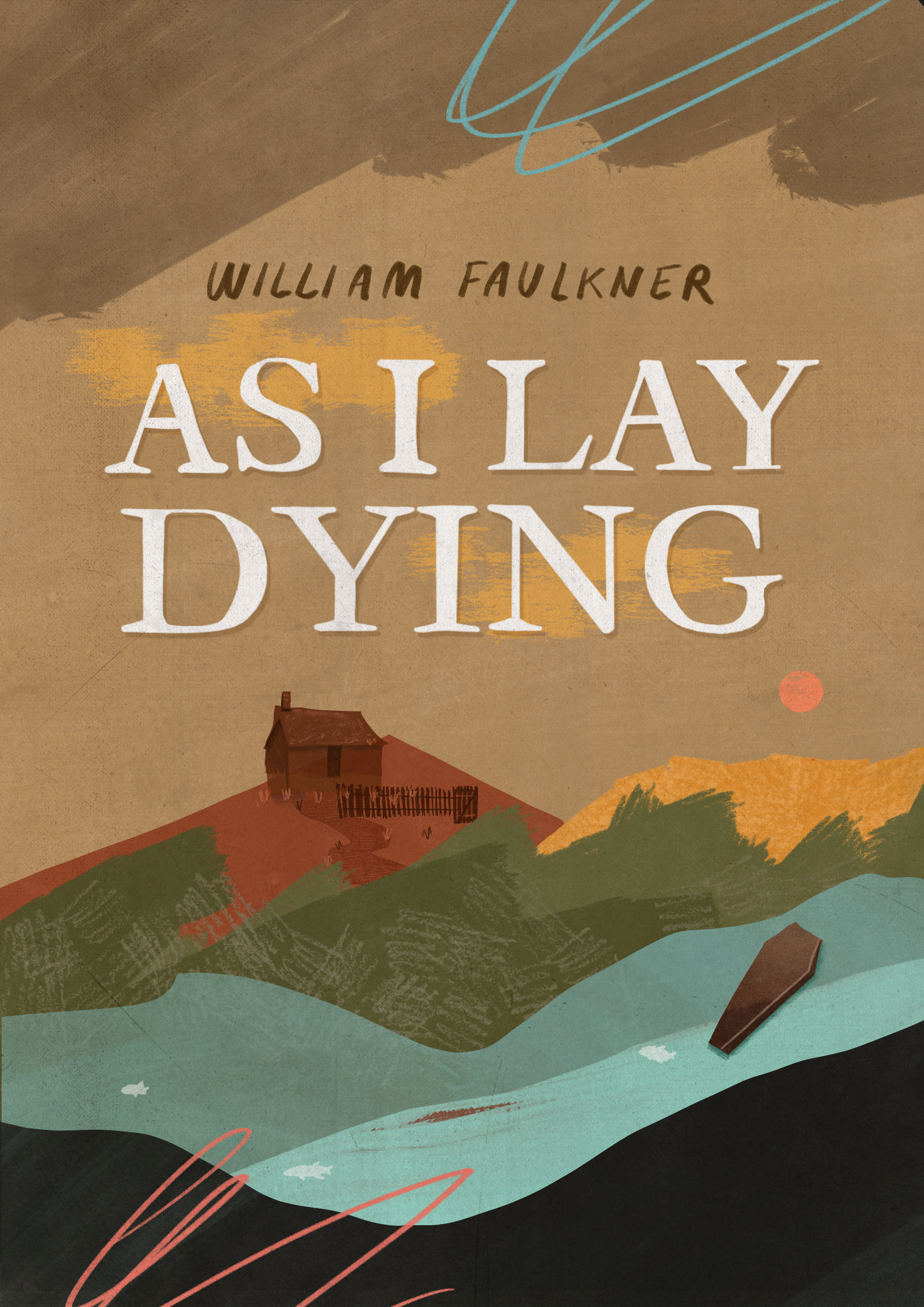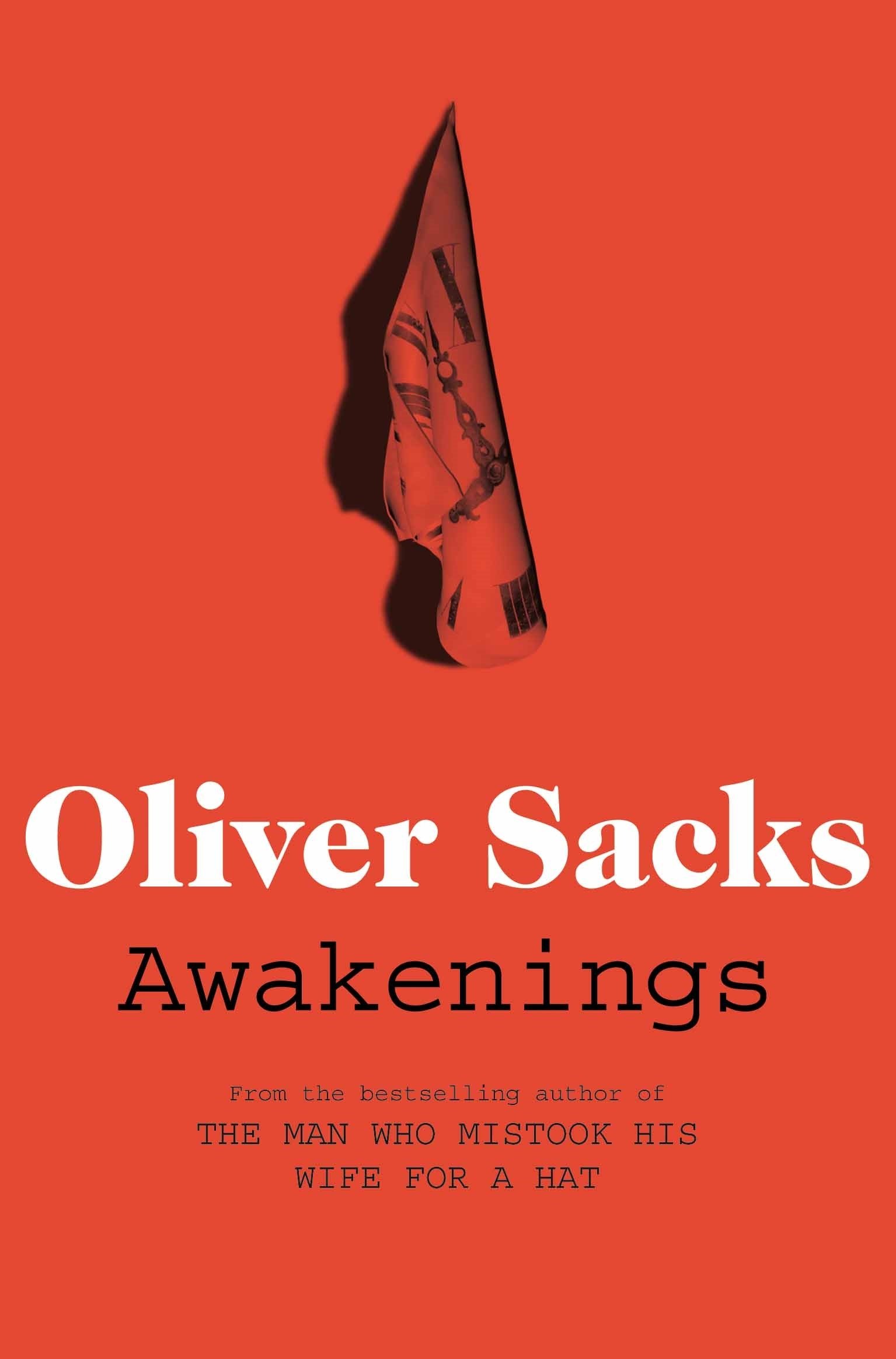
The Sixth Extinction: An Unnatural History
Elizabeth Kolbert
Though it might be nice to imagine there once was a time when man lived in harmony with nature, it’s not clear that he ever really did.
A sign in the Hall of Biodiversity offers a quote from the Stanford ecologist Paul Ehrlich: IN PUSHING OTHER SPECIES TO EXTINCTION, HUMANITY IS BUSY SAWING OFF THE LIMB ON WHICH IT PERCHES.
To argue that the current extinction event could be averted if people just cared more and were willing to make more sacrifices is not wrong, exactly; still, it misses the point. It doesn’t much matter whether people care or don’t care. What matters is that people change the world. This capacity predates modernity,
Over the last half-billion years, there have been five mass extinctions, when the diversity of life on earth suddenly and dramatically contracted. Scientists around the world are currently monitoring the sixth extinction, predicted to be the most devastating extinction event since the asteroid impact that wiped out the dinosaurs. This time around, the cataclysm is us. In prose that is at once frank, entertaining, and deeply informed, The New Yorker writer Elizabeth Kolbert tells us why and how human beings have altered life on the planet in a way no species has before. Interweaving research in half a dozen disciplines, descriptions of the fascinating species that have already been lost, and the history of extinction as a concept, Kolbert provides a moving and comprehensive account of the disappearances occurring before our very eyes. She shows that the sixth extinction is likely to be mankind's most lasting legacy, compelling us to rethink the fundamental question of what it means to be human.
Advertisement
More Interesting Books

People We Meet on Vacation

The Age of Innocence

The Sixth Extinction: An Unnatural History

Romeo and Juliet

The Giver
Advertisement















